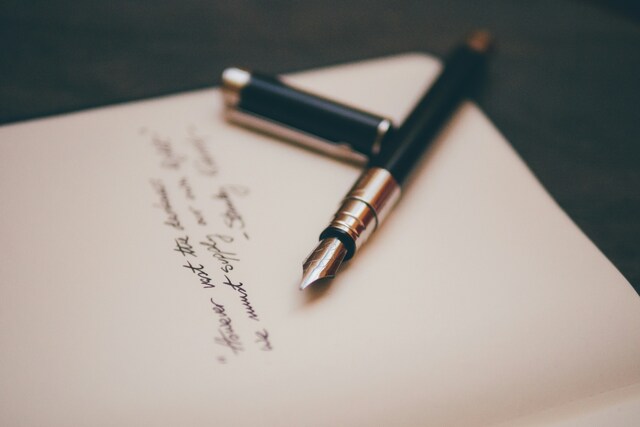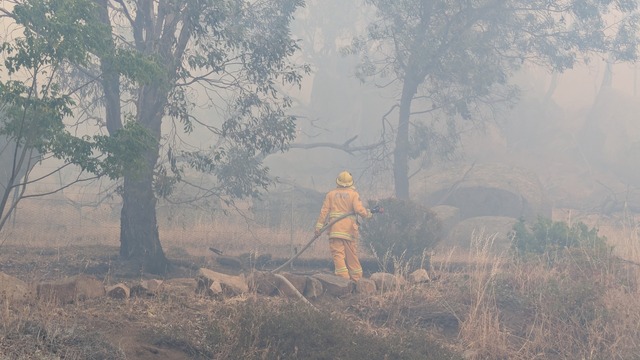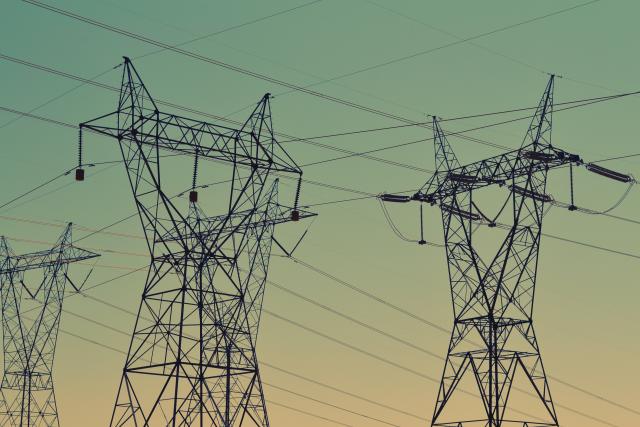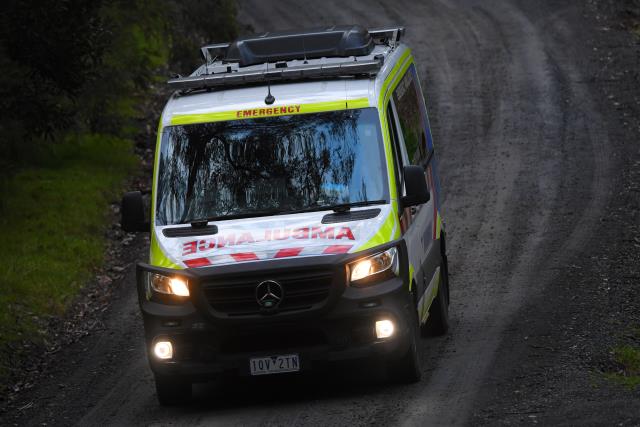Do you suffer from metrophobia, a condition that sadly inflicts many people?
This is an unusual phobia that encompasses an irrational aversion and fear of poetry.
Maybe, it dates back to lacklustre school experiences where poetry was something to be endured rather than enjoyed.
Or perhaps not seeing in poetry anything relevant to your everyday experiences.
Poetry has for long suffered from being seen as something far removed from the daily lives and concerns of ordinary people and delivered in language and form that is alien to most.
Many only think of poetry as flowery descriptions of nature or sweetly coined phrases of romantic love.
August is Poetry Month so perhaps an opportunity to reconsider.
Many poets have also been some the most vital activists throughout history.
Mankind’s oldest surviving manuscript is from the Geometric period (900-700BC).
An epic poem about the demigod and Sumerian king, Gilgamesh, that circulated from Mesopotamia, Europe all the way to Asia.
For many centuries stories and culture were mostly passed on through oral poetry.
Today poetry comes to us in various guises: written, spoken, sung and rapped.
Collections of poetry are still published, poetry features in literary journals but increasingly online platforms like websites and blogs play a bigger role.
Social media, podcasts and YouTube too are bringing poetry to a broader audience.
Still the question of what is poetry persists?
Coleridge’s famous line: Poetry: the best words in the best order is a good starting point.
And poetry is all about breaking protocol. I suppose that’s what is meant by poetic license.
The word ‘poetry’ comes to us from the Greek work ‘poiesis’ which means ‘making, capturing the essence of poetry as a creative process.
Writing a poem is shaping language into the best way of saying something.
There is no subject that is unavailable to poetry: nature, love (in all its forms), war, hope and despair.
All the best and worst aspects of human nature.
And strict form has taken a back seat.
Rhythm, rhyme and metre aided memory in a less literate world and though still tools used by poets are not necessarily what shapes a great poem.
In Australia, there is no official national Poet Laureate.
The Poet Laureate position typically involves writing poetry for significant national events and promoting the value of poetry in society.
A poem to kick off a Grand Final?
In 1999, then-Prime Minister John Howard asked renowned poet and perhaps de facto Poet Laureate, Les Murray to write a draft preamble for the Australian Constitution.
This initiative was part of a broader effort to update the Constitution and recognize Australia’s history and values, including acknowledgment of Indigenous Australians.
It never got off the ground with some critics saying it was insufficient in addressing the historical and ongoing issues faced by Indigenous communities.
The current Poet Laureate of the United Kingdom is Simon Armitage.
Armitage is, known for his accessible and engaging poetry that often explores contemporary themes and issues.
In the following excerpt he writes about a man who in Australia we would probably call‘ a good bloke’ but who has a dark controlling and violent side.
And if it snowed and snow covered the drive/ he took a spade and tossed it to one side./ And
always tucked his daughter up at night /And slippered her the one time that she lied./ And
every week he tipped up half his wage./ And what he didn’t spend each week he saved.
And praised his wife for every meal she made./ And once, for laughing, punched her in the
face.
Poetry has always been a vehicle for political comment in poems and song lyrics.
The late Bruce Dawe wrote bluntly and powerfully about the tragedy and futility of war particularly focusing on Australian soldiers returning from the Vietnam War.
All day, day after day, they’re bringing them home,/they’re picking them up, those they can
find, and bringing them home,/they’re bringing them in, piled on the hulls of Grants, in
trucks, in convoys,/they’re zipping them up in green plastic bags,/they’re tagging them now in
Saigon,
Sarah Holland Batt writes from her very personal experiences in navigating Aged Care during her father’s fight with Parkinsons.in her award winning book, The Jaguar.
In the following excerpt from The Boat she delves into her family history and tackles displacement, exile and the refugee experience of loss, hope and resilience.
There’s a way a boat divides the sea,/thin prow parting waves clean as paper./I think of my
grandmother, adrift/in a refugee boat on the Baltic,/ And then she goes on, they lived in that
boat, four families/burned from the East Prussian coast,/and through winter they drank
snowmelt,/clotted and dirt-laced, from the tarped hold.
There have lately been a growing number of voices of indigenous poets exploring their
reality. EllenVan Neerven, is one of many who uses their work to address issues related to
Indigenous identity and experiences in contemporary Australia::Give me back my
language,/let me speak in my own tongue/.I have words locked in my throat,
And it seems that poetry is as valid a method of interrogating the universe as any other form.
Alicia Sometimes in her latest collection Stellar Atmospheres interweaves the scientific,
literary and the personal, reminding us of our smallness. She poses the many questions we
wonder about: What happened before the Big Bang? What are we made of?
From First Three Minutes
for Steven Weinberg
in the first three minutes of the universe everything that would
be anything started to ferment. clump together. ready to sing
at a recital. began to develop lips to form the word poem. it all
moved towards a Christmas card that got people we don’t know
back together after this – one star dreamed of turning away
another just because it needed time to shape clay. the universe
became a rogue gallery of jigsaws fighting for space and in softer
moments, mango juice squeezed from the heavens
sparkled like iridescent jellyfish suits
One merit of poetry few persons would deny is it says more and in fewer words than prose.
But more so, these contemporary poets bring a sense of hope, beauty, and lyrical elegance to
their work, celebrating the resilience of the human spirit and the natural world.
So put aside your metrophobia and pick up a book of poetry.
A reminder: We are now at the halfway point for entries to The Woorilla Poetry prize.
Visit woorilla.org.au







